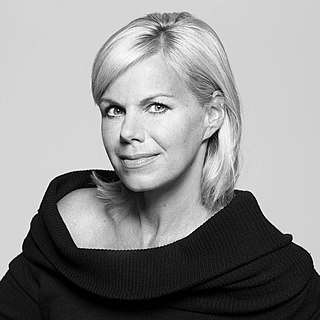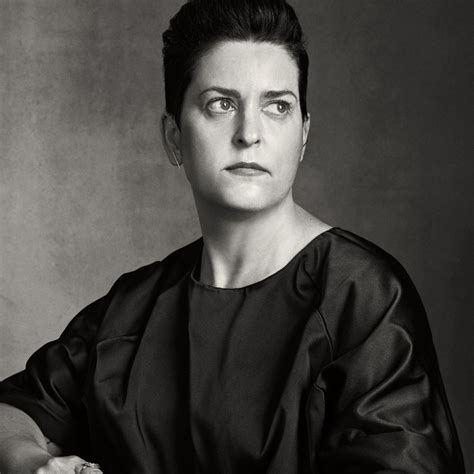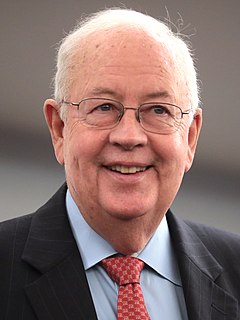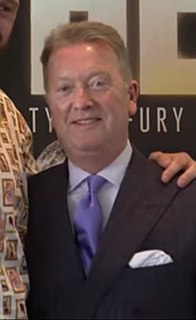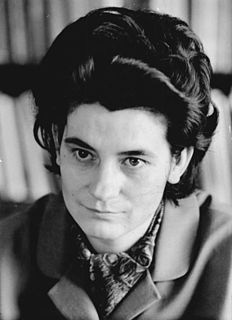A Quote by Sissela Bok
Confidentiality refers to the boundaries surrounding shared secrets and to the process of guarding these boundaries. While confidentiality protects much that is not in fact secret, personal secrets lie at its core. The innermost, the vulnerable, often the shameful: these aspects of self-disclosure help explain why one name for professional confidentiality has been "the professional secret." Such secrecy is sometimes mistakenly confused with privacy; yet it can concern many matters in no way private, but that someone wishes to keep from the knowledge of third parties.
Quote Topics
Aspects
Been
Boundaries
Concern
Confidentiality
Confused
Core
Disclosure
Explain
Fact
Guarding
Help
In Fact
Innermost
Keep
Knowledge
Lie
Many
Matters
Much
Name
Often
Parties
Personal
Privacy
Private
Process
Professional
Protects
Secrecy
Secret
Secrets
Self
Shameful
Shared
Someone
Sometimes
Surrounding
Third
Third Parties
Vulnerable
Way
While
Why
Wishes
Related Quotes
I'm advocating for companies not to make women sign confidentiality clauses just to be able to come to work. I understand that companies need to keep some things secret - like business practices and trade secrets - but confidentiality clauses were never supposed to be keeping private what's happening to people within the workplace. It's a human right issue.
The thing about secrets is that they are usually best kept by just one person. That was the special thing about secrets. Some people seemed to think that the best way to keep a secret was to tell as many people as possible; what could possibly go wrong for a secret when there were so many people defending it?
And what if we’d been utterly open? Made jokes about the first wife? What if we’d been that kind of family? Well, I would have been different, surely. But not because I knew the secret. For it wasn’t the secret—the secret that wasn’t a secret anyway—that led to the austerity in our lives. It was the austerity that led to the secret. And what I had been marked by, probably most of all, was the austerity. It had made secrets in my life too. Or silences, anyway, that became secrets. That became lies.
One of the things that I love when I go to a film or when I'm reading some book or whatever, is to be told a secret I thought only I knew and then someone says, "Oh my gosh, you know, too." And film can take us into private moments in a way that the theater, I think, kind of can't, and that's one of the reasons I like doing films. And the way a book can is that these little secrets and the private things that go on in our minds that maybe we haven't shared with anyone, and then someone writes it or shows it to you in a film, you think, "Oh, that's me. Oh my God, that's me, I have that secret."
In our culture privacy is often confused with secrecy. Open, honest, truth-telling individuals value privacy. We all need spaces where we can be alone with thoughts and feelings - where we can experience healthy psychological autonomy and can choose to share when we want to. Keeping secrets is usually about power, about hiding and concealing information.
Now writing is just working your way toward the border that the innermost secret draws around itself, and to cross that line would mean self-destruction. But writing is also an attempt to respect the borderline only for the truly innermost secret, and bit by bit to free the taboos around that core, difficult to admit as they are, from their prison of unspeakability. Not self-destruction but self-redemption. Not being afraid of unavoidable suffering.

